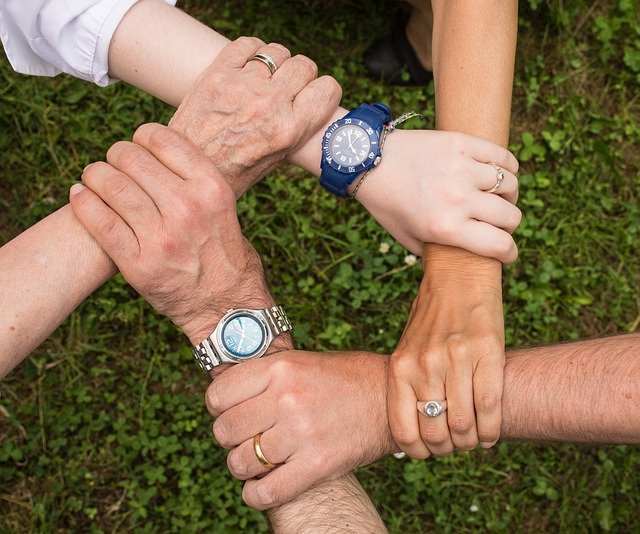People with Alzheimer’s may be victims of financial abuse or scams by dishonest perpetrators. Continued below video…
https://www.youtube.com/watch?v=gt8qwey5zNo
Guard Against Financial Abuse and Fraud
Sometimes, the person behind the scam is a “friend” or family member. Telephone, e-mail, or in-person scams can take many forms, such as:
- Identity theft
- Get-rich-quick offers
- Phony offers of prizes or home or auto repairs
- Insurance scams
- Health scams such as ads for unproven memory aids
- Threats
Warning Signs
Look for signs that the person with Alzheimer’s may be a victim of financial abuse or fraud:
- Signatures on checks or other papers don’t look like the person’s signature.
- The person’s will has been changed without permission.
- The person’s home is sold, and he or she did not agree to sell it.
- The person has signed legal papers (such as a will, power of attorney, or joint deed to a house) without knowing what the papers mean.
- Things that belong to you or the person with Alzheimer’s, such as clothes or jewelry, are missing from the home.
If you think a person with Alzheimer’s may be the victim of a scam, contact your local police department. You can also contact the State consumer protection office or Area Agency on Aging office.












Do you have any other blogs we can see